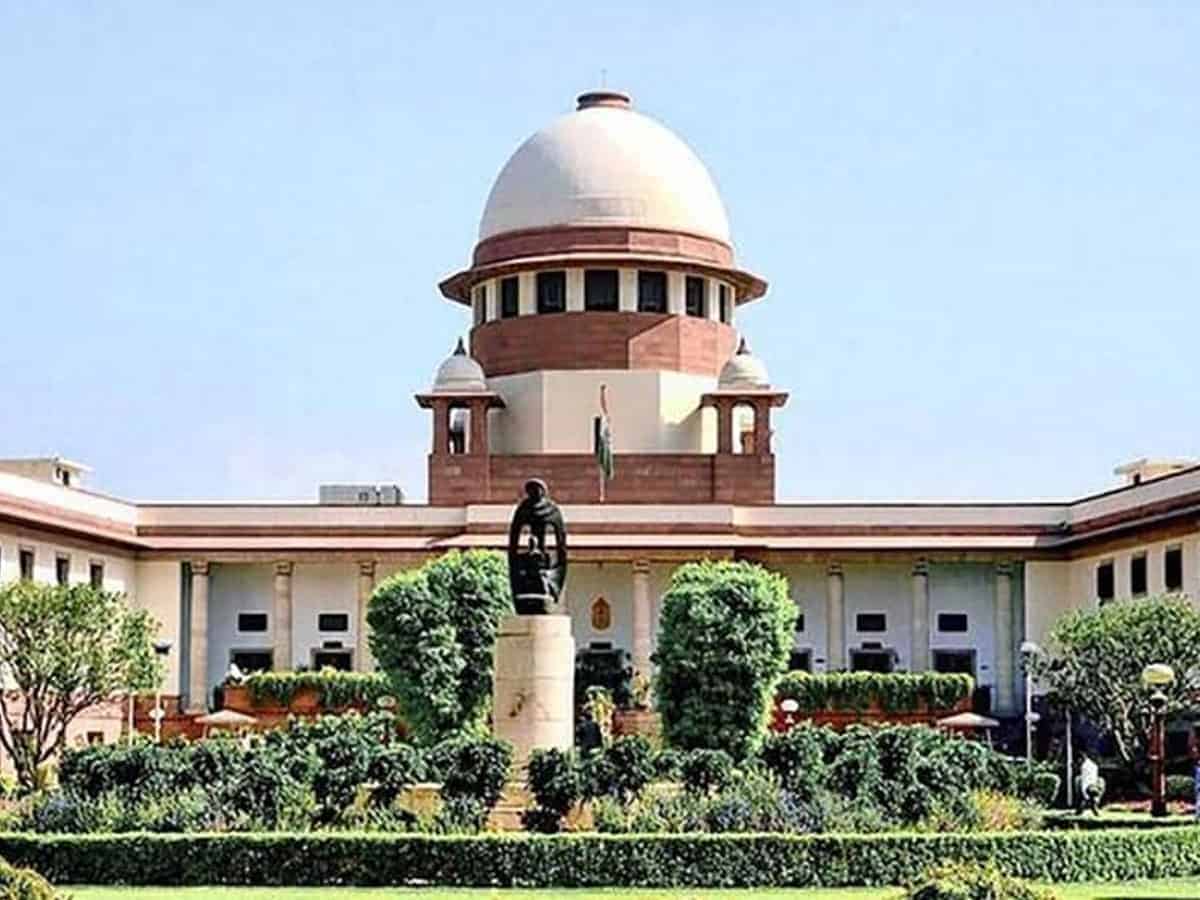
New Delhi: The Supreme Court on Friday said preventive detention is a serious invasion of personal liberty and the normal methods open to a person charged with commission of any offence to disprove the charge or to prove his innocence at the trial are not available to the person preventively detained.
A bench of Chief Justice U.U. Lalit and Justices S. Ravindra Bhat and J. B. Pardiwala said that in view of the object of the preventive detention, it becomes very imperative on the part of the detaining authority as well as the executing authorities to remain vigilant and keep their eyes skinned but not to turn a blind eye in passing the detention order.
“The preventive detention is a serious invasion of personal liberty and the normal methods open to a person charged with commission of any offence to disprove the charge or to prove his innocence at the trial are not available to the person preventively detained,” said the bench.
Petitioner Sushanta Kumar Banik, detained under Prevention of Illicit Traffic in Narcotic Drugs and Psychotropic Substances (PIT NDPS) Act, moved the apex court challenging the Tripura High Court order, passed on June 1 this year, rejecting his application questioning the legality and validity of the detention order passed by the Tripura government on November 12, 2021, and affirmed the detention order.
The top court noted that it appears the order of preventive detention came to be passed essentially on the ground that in the past two FIRs were registered against the appellant for the offences punishable under various sections of NDPS Act and he is a habitual offender.
“However, what is important to note is that in both the cases registered under the NDPS Act, 1985, the appellant herein was ordered to be released on bail by the special court, Tripura,” it said.
The top court held that if the appellant was ordered to be released on bail despite the rigours of Section 37 of the NDPS Act, 1985, then the same is suggestive that the court concerned might not have found any prima facie case against him.
“Had this fact been brought to the notice of the detaining authority, then it would have influenced the mind of the detaining authority one way or the other on the question whether or not to make an order of detention. The state never thought to even challenge the bail orders passed by the special court releasing the appellant on bail,” it said.
The bench said in prevention detention jurisprudence whatever little safeguards the Constitution and the enactments authorising such detention provide assume utmost importance and must be strictly adhered to.
Setting aside the high court judgment, the top court said: “The order of preventive detention passed by the state of Tripura dated November 12, 2021 is hereby quashed and set aside. The appellant herein is ordered to be released forthwith from custody if not required in any other case.”



